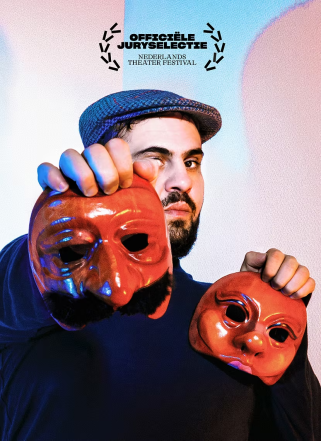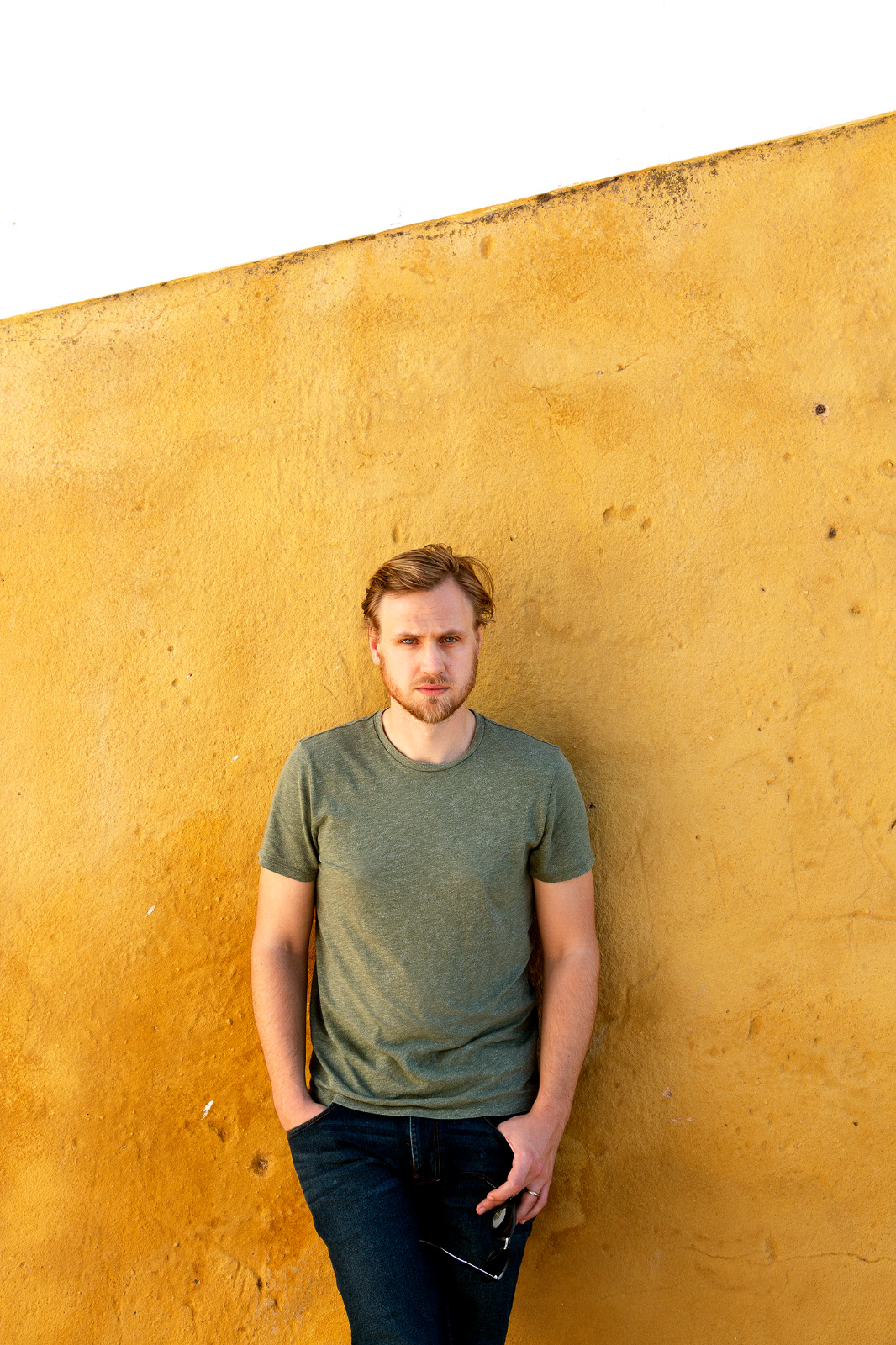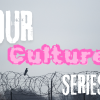
By Jim Aitken
Surely one of the best acts at this year’s Edinburgh Festival has been ‘The Horse of Jenin’ presented by Palestine Comedy Club at the Pleasance Dome and produced by Troupe Courage. The show is performed by Alaa Shehada.
Alaa comes bouncing on to the stage with an enormous energy and desire to get his show going. One key aspect of being a sole performer is the rather immediate need to get the audience on your side. The 70-minute show had the audience hooked for the duration due to his engaging personality, his humour, his audience engagement. He is giving us a narrative of both the horse of Jenin and of his own life. These narratives coalesce with the aid of music, the deft switches from Arabic to English, from classic stand-up to commedia dell’arte with changing masks and mime.
It was the quickest 70 minutes ever. Some may caution that there’s nothing very funny about what is happening in Palestine, and the loss of the Jenin horse was simply an act of gross barbarism by Israel. While there is clearly truth in that, Shehada reminds us that our human condition is tragi-comic. It was Shakespeare who gave us the original comic relief in his great tragedies, and Beckett’s work is entirely the interplay of the tragic with the comic.
The performer was born in 1991, before the Jenin horse came into being. He was born in Jenin and a thousand aunts and uncles held him. His grandfather presented him with a small toy horse representing freedom in Palestine. Another boy was born on the same day in Jenin and this boy would become his friend, Ahmad. They would play together as children and faced exactly the same hardships together being Palestinians under occupation. Alaa would also be told when growing up to be ‘a horse, not a donkey.’
After the Second Intifada a German artist, Thomas Klipper, wanted to construct a metal horse from all the damage wrought by the IDF. Scrap pieces of metal are collected along with the door of a bombed ambulance, and Klipper got to work with a dozen teenage Palestinians from the camp to construct the horse of Jenin.
It was a magnificent creation which was well received by everyone in Jenin. It was placed at a roundabout in 2003. The people saw the horse as a symbol of freedom and resistance to Israeli occupation. Shehada tells us about growing up alongside the horse. He would smoke his first cigarette there and catch sight of his first love, Jumana, between the legs of the horse. He also tells us about his love of theatre and when he attended classes at the Freedom Theatre. An American acting coach told his class, ‘The occupation is in your mind.’ That comment elicited a loud laugh from the audience.
The horse of Jenin was destroyed by the IDF in October 2023. His friend Ahmad was also killed by a missile outside the theatre. The loss of the horse and the loss of Ahmad remind the audience of the incredible pain that exists. Yet, Alaa Shehada has brought back the Jenin horse and Ahmad to life in his show. They both live on in his retelling of his life’s story. That can never be destroyed. This is where art has the power to confront the horrors in our world. Art as testimony, memorial and live action acts as a form of resistance.
There is some footage on a screen at the end of the play of the horse being constructed and placed at the roundabout. Shehada tells to remember the horse he has reconstructed as the Jenin Horse of Memory. That can never be destroyed.
There were so many personal stories interlocked with the horse. As a heavy man he tells us at certain points when growing up what he weighed. This was just one of several refrains through his tale but it was one which endeared him to the audience. He recreated family life, childhood, his teenage years, the occupation, the horse, his foray into theatre. He also had a witty refrain about Guardian readers. He is a genuinely funny man. His show brought back to life the Horse of Jenin. And with that he brought to life the enduring desire for a free Palestine. To adapt Mel Gibson in the film Braveheart, you can take away the horse of Jenin, but you can’t take away the freedom it represents.















